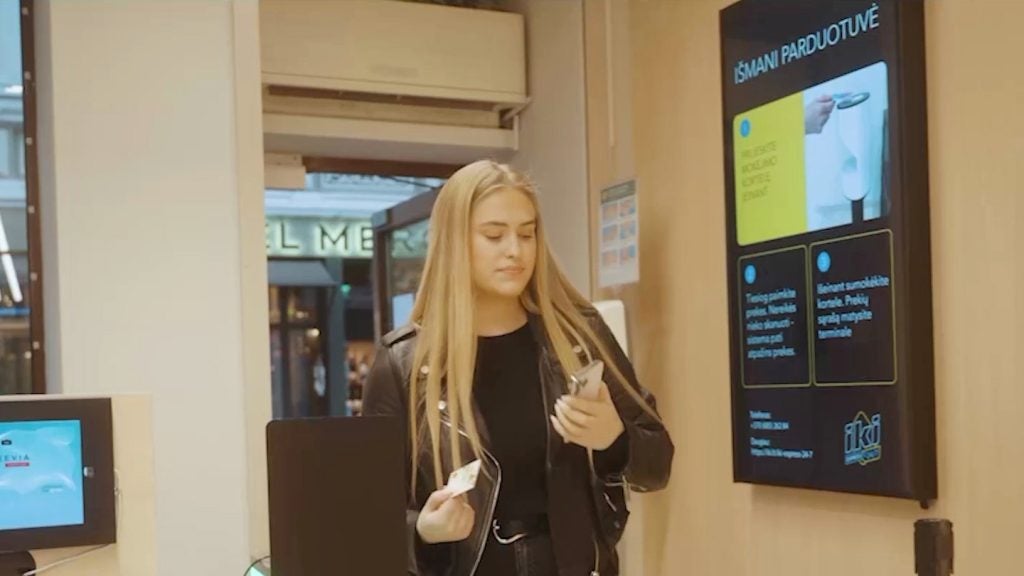
The UK government has advised businesses to consider employing the services of a customs broker in the event of a ‘no deal’ scenario, in the first batch of its Brexit technical notices.
Businesses should also consider a freight forwarder or logistics provider to help manage import and exports. Alternatively, they could “seek the appropriate software and authorisations”.
The recommendation came in the first tranche of the government’s Brexit technical papers, which offer guidance for businesses and citizens in the event of the UK leaving the European Union without a Withdrawal Agreement in place.
Brexit Secretary Dominic Raab insisted that a no deal was “unlikely” and that the government would “strain every sinew” for a good deal.
However, leading MPs, such as International Trade Secretary Liam Fox, have recently voiced their concerns that a deal seems less likely.
Speaking ahead of the release of the technical papers, Raab said that “naturally we have got to consider the alternative” if the EU “does not match our ambition and pragmatism”.
How well do you really know your competitors?
Access the most comprehensive Company Profiles on the market, powered by GlobalData. Save hours of research. Gain competitive edge.

Thank you!
Your download email will arrive shortly
Not ready to buy yet? Download a free sample
We are confident about the unique quality of our Company Profiles. However, we want you to make the most beneficial decision for your business, so we offer a free sample that you can download by submitting the below form
By GlobalDataWhat is a customs broker?
Business employ customs brokers to oversee the import and export of goods to non-EU countries and ensure they pass smoothly through custom processes.
They are experts in international trade and use their knowledge to check that all documentation is correct.
Custom brokers tend to charge a tailored fee. This is determined by the total value of the shipment being imported or a flat fee.
Charges can include airline handling – determined by weight and usually at least £45 per shipment – and government agency fees for inspections.
There is no legal requirement to employ a customs broker. Experienced importers can manage the shipment themselves.
UK customs brokers have different licencing processes to those in the US, which means businesses will have to closely check their credentials.
Brexit technical notices: Barriers to trade
The Brexit technical notices also advised businesses to “consider the impact on their role in supply chains with EU partners”. In the event of a no deal, trade would default to non-preferential World Trade Organisations terms.
Businesses that use providers to process payments in euros could also “face increased costs and slower processing times for euro transactions”.
Business could also have to pay VAT upfront, potentially disrupting cash flows. The technical notices also advised that businesses might want to consider customs warehousing.
Such barriers to trade have raised concerns that costs will be passed on to consumers. However, Raab insisted that “for the vast majority of consumers there’s not going to be much difference at all.”
Other technical notices provided guidance for areas including medicine, nuclear energy and banking. The government will release the rest of the 84 documents in the coming weeks, with the last by the end of September.
Until the Withdrawal Agreement is ratified by both the UK and European parliament, there remains the possibility that the UK may leave without a deal in March 2019.
You can read the five possible scenarios for leaving the EU here.





